Mary Izobo is an international human rights lawyer and gender advocate with experience in the field of human rights, governance, and rule of law for development. In this interview with Persecondnews AJUMA EDWINA OGIRI, Izobo elaborates on why sexual and gender-based violence (SGBV) is on the increase, gender inequality, as well as why African children are still the most disadvantaged in the world regarding access to education, amongst other issues.
Excerpts:
Increase in Violence against Women and Girls in the face of Covid-19 Pandemic
Violence against women and girls including rape continues to be one of the most flagrant human rights violations in the world. According to the World Bank, 1 in 3 women globally is affected by violence. In a statement by the current Executive Director of United Nations Women, Phumzile Mlambo-Ngcuka, in the past 12 months, 243 million women and girls; aged 15 to 49 years, globally have been subjected to physical or sexual violence by their intimate partner.
Violence against women and girls has always been rampant and at crisis point globally. For example, according to the United Nations Office on Drugs and Crime (UNODC), in 2017, approximately, 87,000 women were killed worldwide and 50,000 of these women were killed by intimate partners or family members. This means that every day in 2017, 137 women across the world were killed by their family member – people they would normally trust. Furthermore, the report highlights that Africa has the second-highest number of women killed by their family members or intimate partners after Asia.
However, with a family/intimate partner-related homicide rate of 3.1 per 100,000 female population, women in Africa run the greatest risk of being killed by an intimate partner or their family member.
With the COVID-19 pandemic, there has been an exacerbation of violence against women and girls particularly as a result of the lockdown regulations and preventive measures put in place by states to curb the spread of the coronavirus. The implementation of lockdown regulations in the context of COVID-19 has led to an increase in violence against women and girls, as women are in lockdown with their abusive partners or parent and cannot leave their homes to seek help for fear of incriminating themselves under COVID-19 regulations. Also, social media as well as the fact that more women are beginning to speak up have helped bring to light the pandemic that is violence against women and girls.
Against the above background, the cause of violence against women and girls is deeply rooted in gender inequality. Besides gender inequality, there is also the unequal distribution of power and resources between men and women which leads to women’s lack of empowerment. Also, patriarchy and toxic masculinity play a key role where men feel they constantly need to dominate women. Men who are particularly the perpetuators of this dastardly act continue to do so because they believe they will not be punished for these acts and they can easily evade punishment. In addition, violence against women and girls is reinforced by gender discriminatory laws and social norms that continue to undermine and undervalue women and girls. The Convention on the Elimination of all forms of Discrimination Against Women (CEDAW) and the Protocol to the African Charter on Human and Peoples’ Rights on the Rights of Women in Africa (Maputo Protocol) has not been ratified by some countries in Africa. Even those countries that have ratified CEDAW and the Maputo Protocol fail to comply with the implementation of these laws and policies because of social norms, culture, tradition, custom and religion.
Therefore, to end violence against women and girls, it is crucial to address the root causes such as gender inequality, gender-based discrimination, gender stereotypes and social norms that continue to encourage violence against women and girls despite international laws and policies promulgated to protect and promote the welfare and rights of women and girls.
Patriarchy and Violence against Women and Girls
Patriarchy has laid the pedestal for a woman to be seen as her husband’s property and as a result, she has to ‘surrender’ to her husband. Society has further made the man believe that he has to be in constant control of his wife to show his strength. This belief which breeds negative stereotype and unconscious bias of women being less than men is the main reason for violence against women and women’s constant oppression.
Beating a woman to improve her is an analogy I cannot fathom. Marriage should be harmonious and symbiotic. As a result, a woman should not have to give up her right or ‘surrender’ to her husband to sustain her marriage.
To correct this appalling belief, there has to be an attitudinal change and a paradigm shift from the prejudice against women and girls to women and girls being placed on the same pedestal and equal footing as men. There has to be a change in the mindset and attitude of Africans that women and men must be treated equally and equitably. We also need to appreciate the place of gender roles swap where a man can do chores around the house without being termed ‘weak’ or ‘unmanly.’
Besides, boys must be made to view their female counterparts as their equals as aiming for equal rights is not enough until we change our prejudiced mindset and remove irrational bias against women and girls. This can majorly be done through sensitization campaigns and raising awareness on the importance of women and girls in society. Furthermore, in schools, education has to be gender-sensitive including ensuring that school curriculum and textbooks promote gender equality while eliminating gender roles.
At the grassroots, communities and parents should build the confidence of young girls to believe their dreams are valid and the world is their oyster. Parents and communities need to believe that the role of young girls is not just to become good wives and mothers, particularly in the 21st century where you have female leaders and Chief Executive Officers changing the world. Lastly, women and girls must be educated and empowered so they are economically prepared to change the financial imbalance in households.
Breaking the culture of silence in sexual and domestic violence victims
Women generally find it hard to seek help because of how society views women that have experienced domestic or sexual violence. However, women need to stop being blamed, stigmatized and shamed when they are violated sexually or otherwise. We need to be supportive and offer help where we can to these women. We need to encourage these women to speak up. Women must not be silenced when these domestic and sexual atrocities are committed against them. Instead, the men who commit these atrocities should be named and shamed and also punished severely as justice must take its course.
Implementation of laws against domestic and sexual violence against women/girls in Nigeria.
I believe that Nigeria has sufficient laws that protect women and girls from violence. Although some laws are repugnant and will need to be revised. For example, section 353 of the Criminal Code Act of Nigeria 1990 states that ‘any person who unlawfully and indecently assaults any male person is guilty of a felony and is liable to imprisonment for three years. The offender cannot be arrested without warrant.’ On the other hand, Section 360 of the same Act provides that ‘any person who unlawfully and indecently assaults a woman or girl is guilty of misdemeanor and is liable to imprisonment for two years.’ The punishment for the same offence of indecent assault carries different punishment where it is a lesser punishment for sexual assault against a woman. The rhetorical question is why the punishment is less when the victim is a woman. These provisions clearly show the patriarchal nature of the laws on violence against women and girls in Nigeria. Such patriarchy and stereotyping of women continue to fuel violence against women and girls.
Also, there is the problem of implementation of these laws that have been enacted to protect and promote the rights of women and girls. Thus, as long as these laws are not implemented, women and girls will continue to suffer from violence. For example, a man who violates a woman or child is arrested for a couple of days and after that is free to go about his business or he may not even be arrested at all. It is even worse when cases regarding violence against women are reported to the police, and they are slow to take action because they believe that these cases are perceived as ‘family matters.’
The case of Senator Elisha Abbo who assaulted a lady in a shop in Abuja, Nigeria in 2019 shows that implementation of laws is at the heart (centre) of what is necessary to reduce all forms of violence against women and girls. The story was all over social media where human rights organizations and civil society organizations called on the intervention of the Nigerian Police and the Nigerian government. Unfortunately, the senator was never removed or suspended from office. The lady who was assaulted took the case to court and the court awarded fifty million naira against the Senator. This is a case of best practice because if a lawmaker in Nigeria can violate a woman’s right with consequences, then it goes to show that nobody is above the law and laws must be implemented.
Access to education, quality of education and equity. What we are not getting right…
We must first understand that education is a human right. Article 26 of the Universal Declaration of Human Rights (UDHR) 1948 stipulates that everyone has the right to education. Therefore, every child must have access to education.
What we are not getting right is not alleviating and eliminating the barriers that stop African children from getting an education such as poverty, marginalization, parental illiteracy, conflicts, and inequality. There is also African states’ lack of allocation of adequate resources into the educational budget.
On the other hand, girls are even less likely to get access to education when compared to their male counterparts. According to the World Bank, due to cultural and socio-economic factors, girls are four times more likely to be out of school than boys from the same background. This means that a male child is likely to be educated than a female child. The reasons for this are not far-fetched – violence against women and girls, poverty and child marriage continue to be barriers in the way of girls getting an education.
For a change to occur, there has to be a positive change in our educational system. There has to be more allotment of financial resources to the educational sector. There has to be support, training and large recruitment of teachers to improve the standard and quality of education. African states need to eradicate school fees and invest in school infrastructure.
Recommendations to intensify efforts to combat Gender-based violence
There is a need for state accountability and political will. States must have the political will to implement laws, policies, schemes, constitutional and international commitments on the promotion and protection of the rights and welfare of women and girls particularly against violence. States must also institutionalize gender-sensitive laws and programmes within national systems. States must exercise due diligence to prevent, investigate and, per their domestic laws, punish acts of violence against women and girls, whether those acts are perpetrated by the state or by any individual.
Women should be included in decision-making processes to ensure that their voices and concerns are heard. Women are in a better position to talk about the specific challenges they face and how best to intensify efforts to combat gender-based violence since it mostly affects them.
There must be a national awareness campaign against violence against women and girls by highlighting the dangers women and girls face from the grassroots to the top tier of the society. Sensitization programmes are also necessary to ensure attitudinal shifts towards gender equality.
There must be nationwide programs to educate and empower women and girls such as providing support networks, career guidance, mentorship, sponsorship and role-modelling programs. Also, endorsing community ownership in eliminating violence against women and girls so that victims of violence are not shamed or bullied into hiding nor speaking up.



















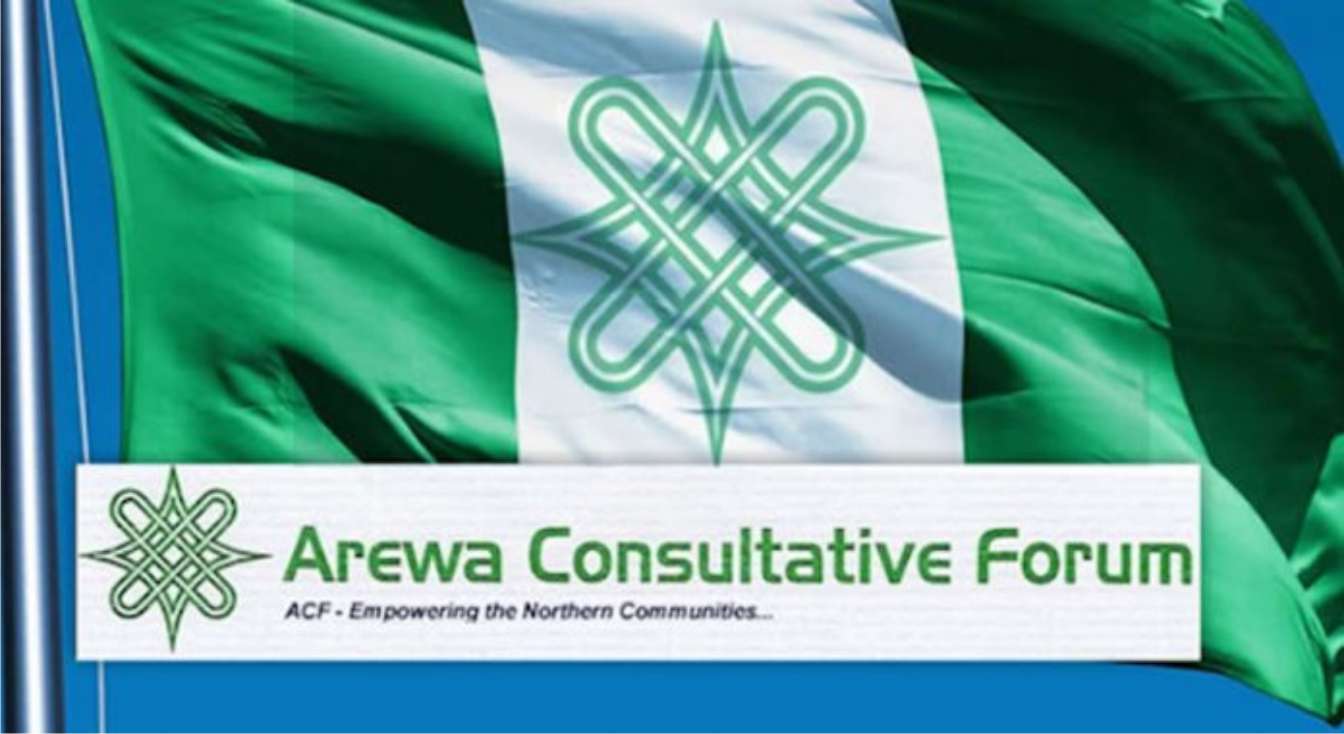
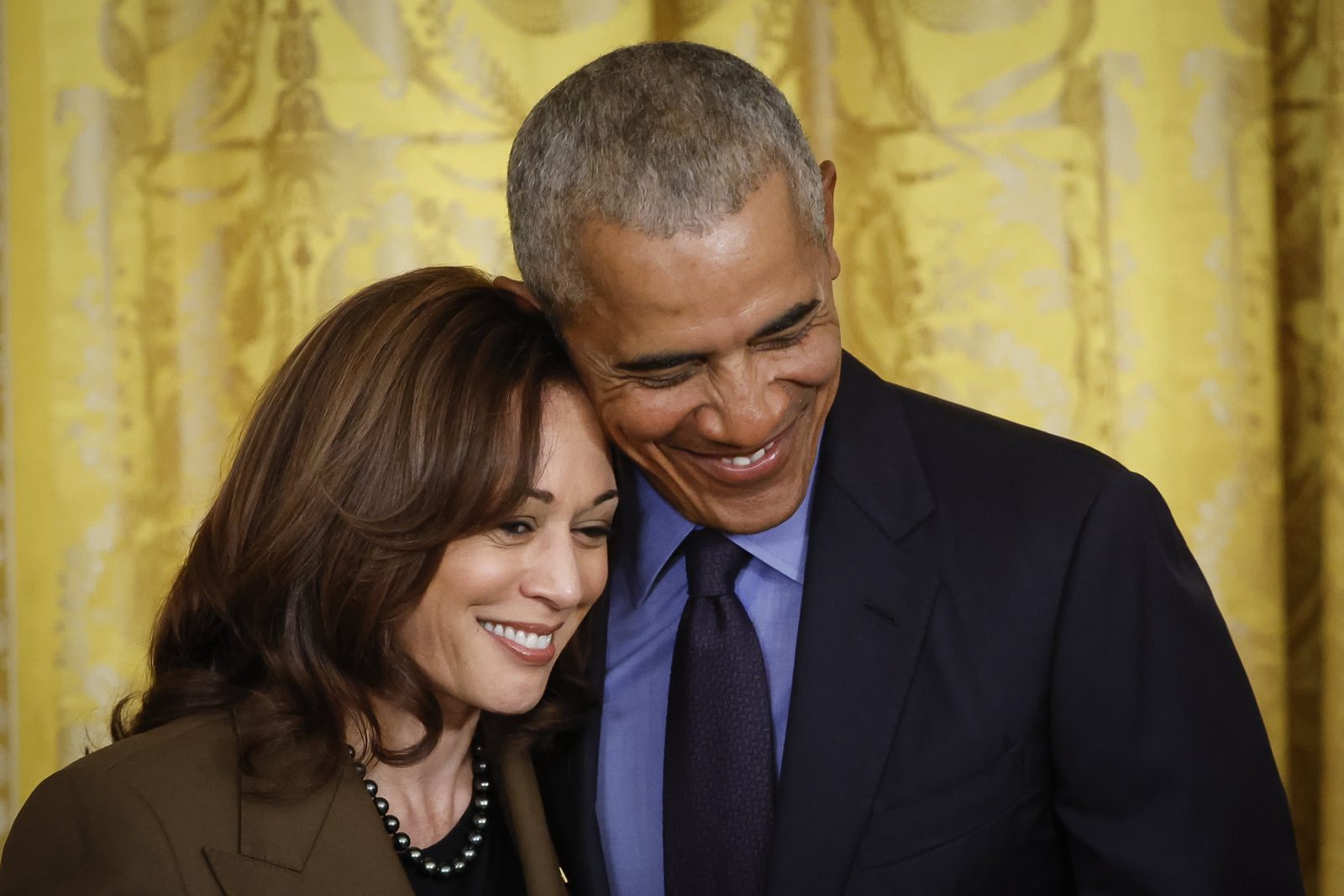


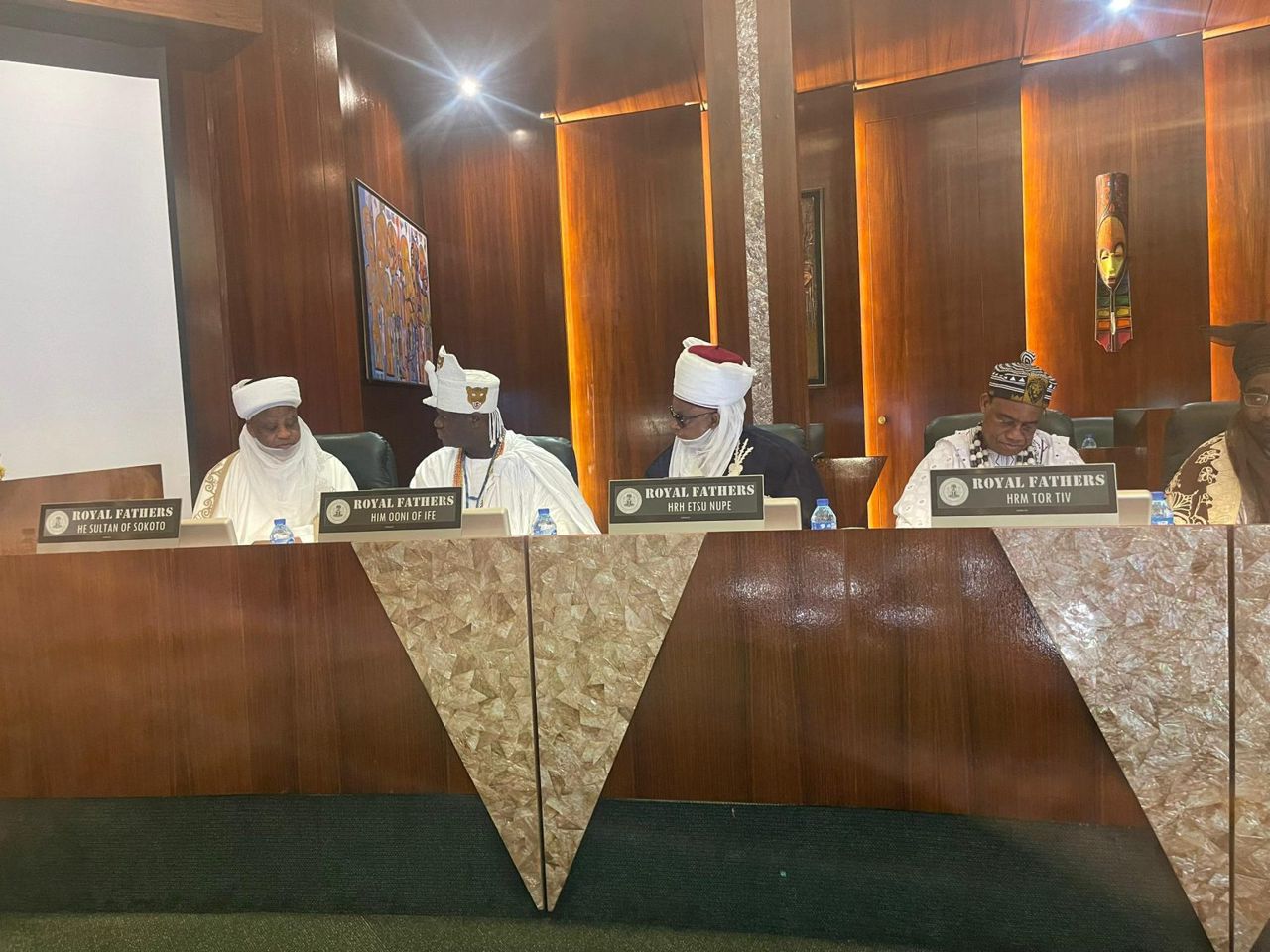






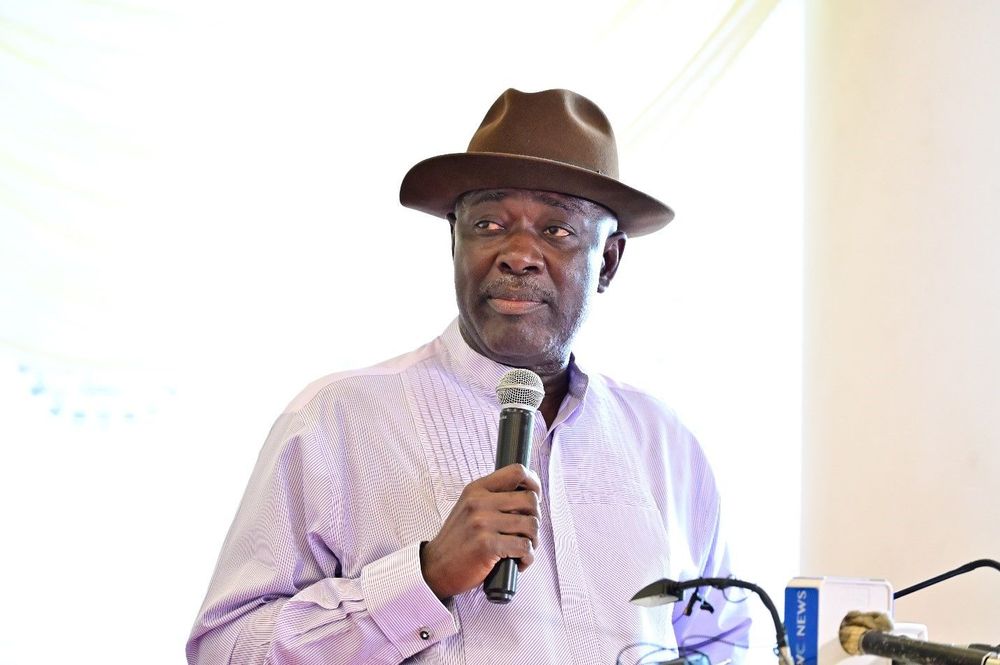


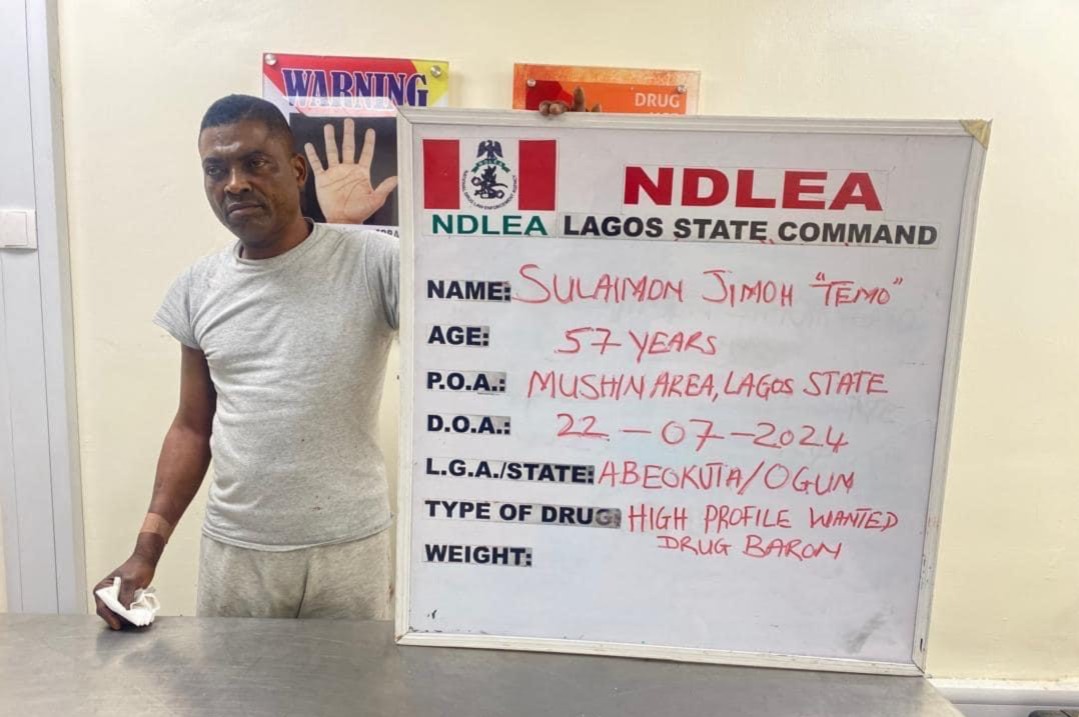

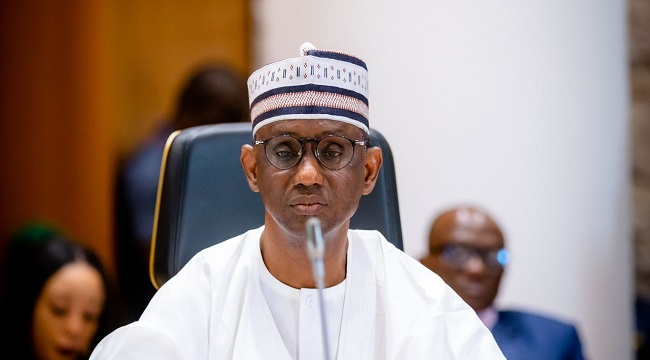

Leave a comment